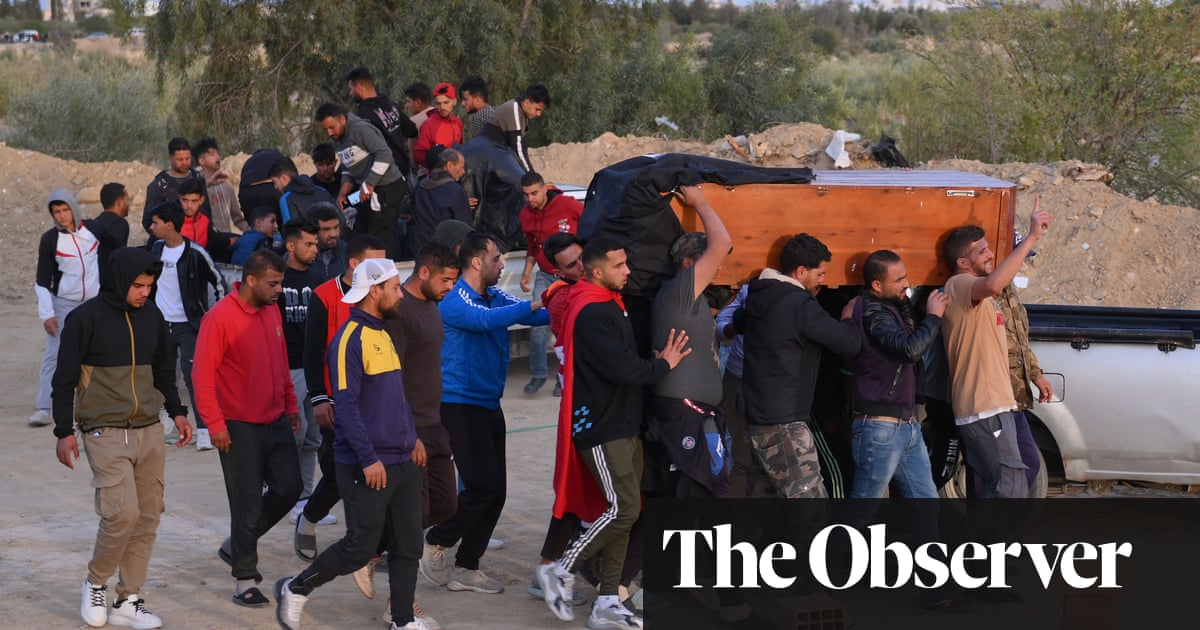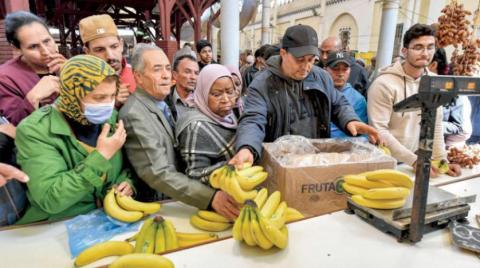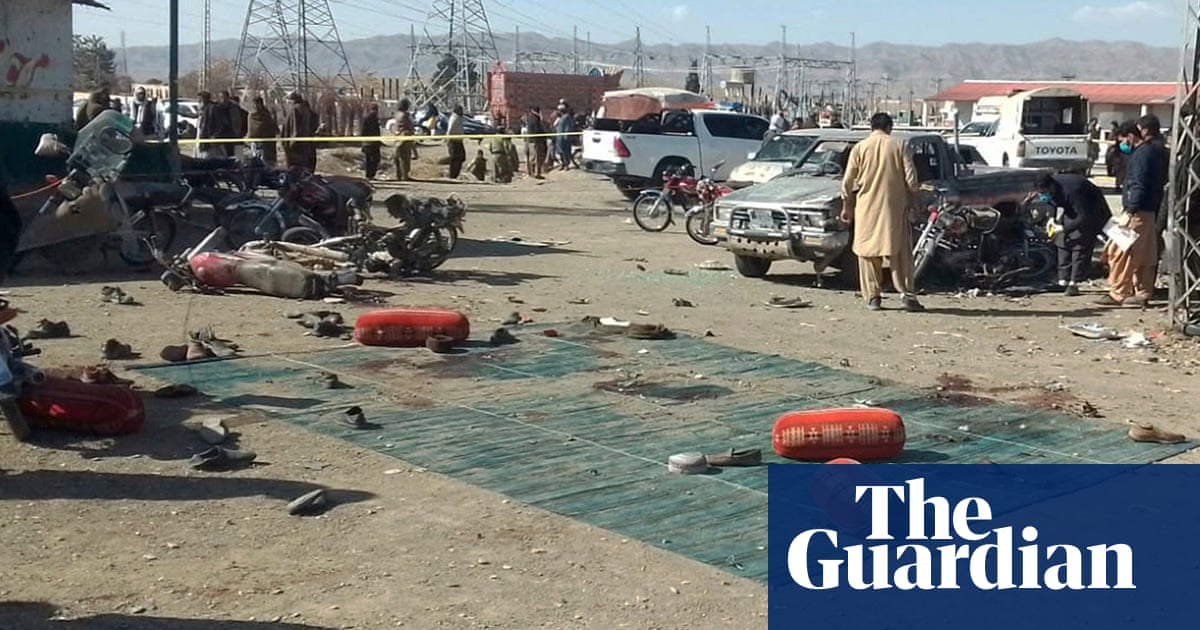
Popular protests in the Iraqi city of Basra intensified Thursday amid large political movements, accompanied by strong warnings launched by Shiite cleric Muqtada al-Sadr who said the government and Parliament have three days to find “radical solutions” to the country’s crisis or face “earthshaking” results.
Sadr’s calls came after the Iraqi Parliament convened for the first time on Monday, but failed to elect a speaker due to a lack of quorum, delaying its next meeting to Sept. 15.
On Thursday, one person was killed and 35 others were injured in clashes with security forces during the wave of protests in Iraq’s second big city, increasing to eight the number of demonstrators killed in the last three days.
Authorities continue to impose a curfew in Basra.
One day after setting the headquarters of the local government on fire, protestors set ablaze the nearby governorate building and several party and faction offices, including the headquarter of the ruling Dawa Party, the Higher Islamic Council, the Badr Organization headed by Hadi al-Omari, one of the biggest Shiite armed group that Iran supports in Iraq, in addition to the headquarters of Imam Ali Brigades, Assa’ib Ahl al-Haq and the Eradaa (Will) Movement led by Hanan al-Fatlawi.
On the fourth day of fierce turmoil, demonstrators also targeted offices linked to the state-run Iraqiya television channel and another office of “Al Furat” channel, which is close to the Hikma Movement headed by Ammar al-Hakim.
Thursday’s developments forced authorities to close the port of Umm Qasr, the country’s main seaport and its principal lifeline for grain and other commodity imports.
Employees said all operations had ceased after protesters began blocking the entrance, which lies about 60 km (37 miles) from Basra, on Wednesday night. Trucks and staff were unable to get in or out of the complex, Reuters reported.
In a televised speech on Thursday, Sadr said the prime minister, local officials, and service ministers should attend “to present radical, immediate, and future solutions” or leave their positions “instantly.”
Prime Minister Haider al-Abadi said he would be ready to attend a meeting of parliament with the ministers and officials concerned to try to find a resolution.
Basra’s protests mainly erupted over the past week after around 30,000 residents were hospitalized in cases of poisoning from contaminated water.












